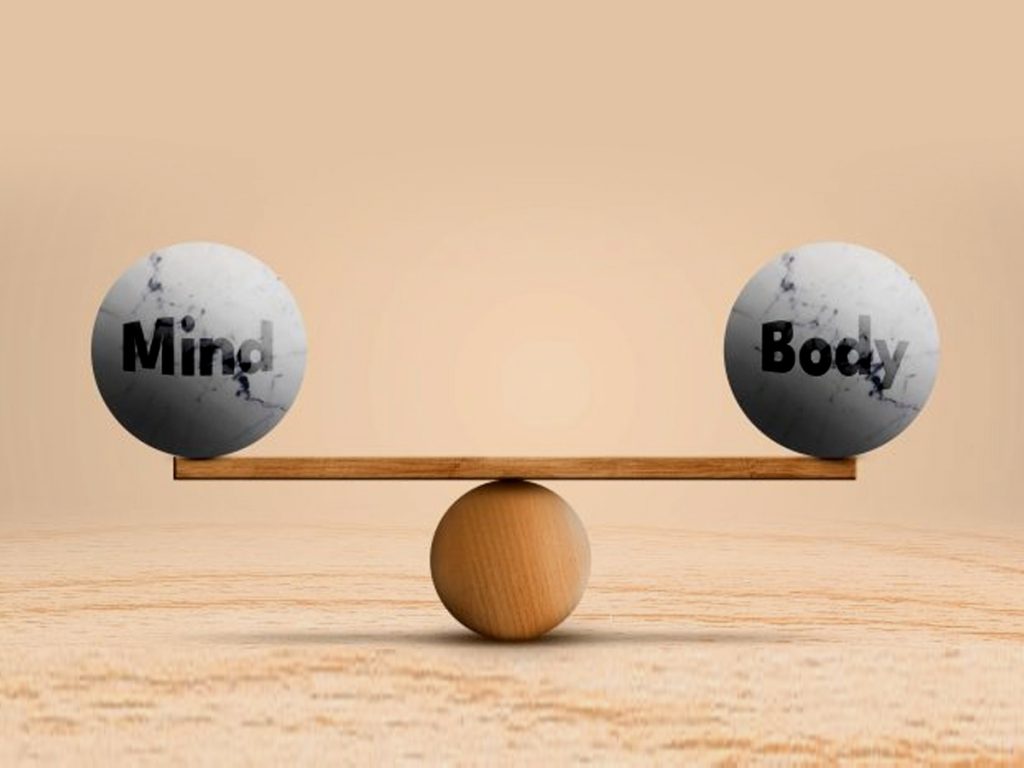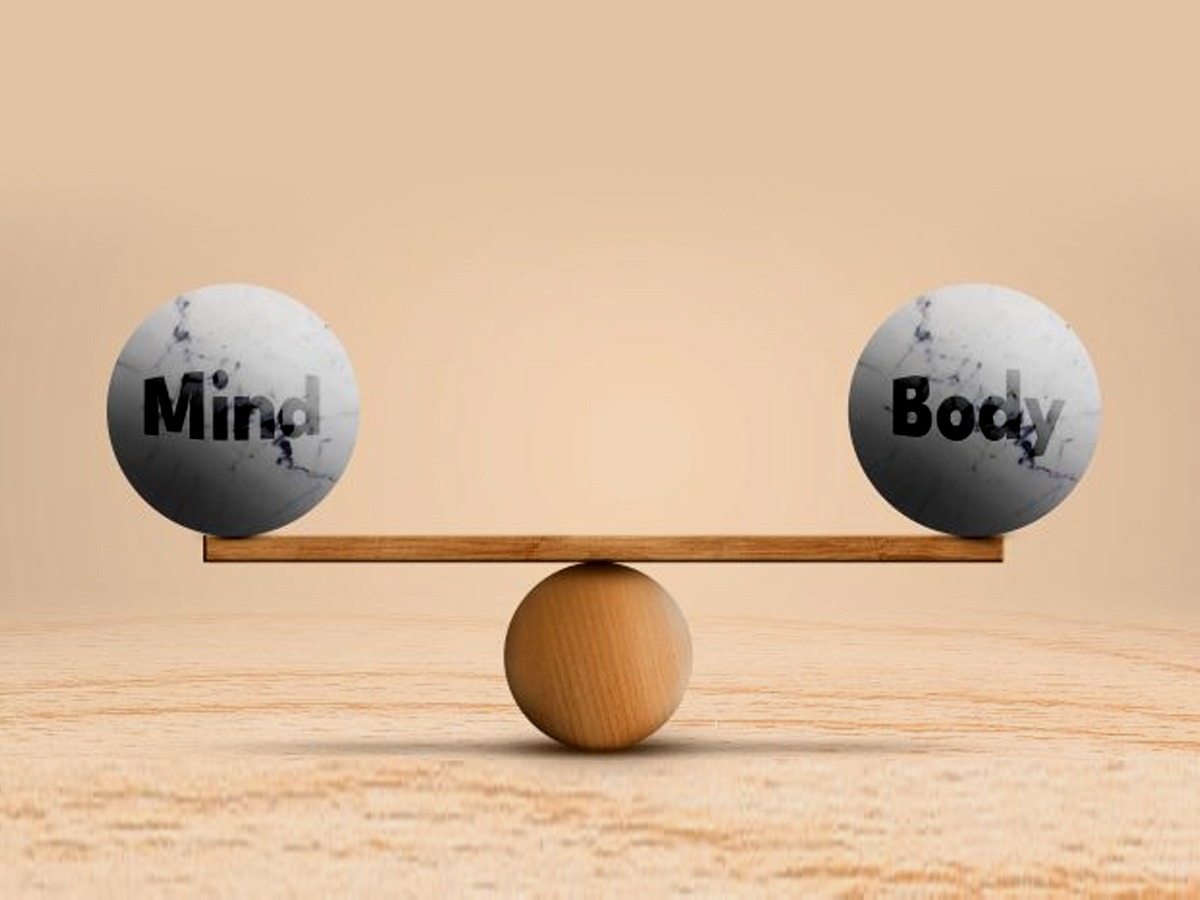
2020 has been an unsettling year, the ongoing pandemic has stolen the mental peace and comfort to levels unknown. We, as human species, are known to be agile, and yet, the lockdown tamed us in a cruel way. Schools and colleges shut down, the work from home trend took over and shops became inaccessible. We were forced to limit ourselves to our homes which brought in monotony and frustration. Most importantly, heart- breaking news and the ever-growing cases of corona set a tense and despondent environment. Hearing the news of a loved one or someone in the neighbourhood getting infected only raised our fear and sorrow.
In the midst of it all, self-care became a need for me, because how can we take care of people and support their needs if we don’t take care of ourselves? Individuals, families, and communities engage in self-care activities with the goal of improving health, preventing disease, reducing illness, and restoring health. These activities are based on a combination of professional and non-professional knowledge and abilities. They are carried out by lay people on their own behalf, either alone or in collaborative partnership with experts (What Do We Mean by Self-Care?, 2018)
Seven dimensions or pillars of self-care behavior have been identified by the International Self-Care Foundation. These comprise (i) Health Literacy and Knowledge, (ii) Mental Well-Being, (iii) Physical Activity, (iv) Healthy Food, (v) Risk Avoidance, (vi) Decent Cleanliness, and (vii) Rational Product and Service Use. Although self-care can take many forms, I will concentrate on Physical and Psychological self-care because they played a vital role in my life during COVID-19, as I learnt from my experience.
Physical Self-care:
To take care of myself physically, I took regular showers and always kept myself clean. If I stepped out, I made sure that I am always wearing a mask and carrying hand sanitizer. I ate regularly because in the end, I had to maintain my immunity to protect myself from the virus. I believe that it is best to seek medical help if you feel sick, for it does not get worse. So, whenever I felt sick, I got myself tested immediately to make sure that I got the necessary treatment. I also sometimes danced or walked inside the
home to keep myself active. We didn’t really have the liberty to step outside, so to maintain agility I moved around in the house.
Psychological Self-care:
I also realized that taking care of our mental well-being was equally important during COVID-19. Self-care can be defined as those behaviors and actions that “cater to seeking one’s own personal counseling” (Coster & Schwebel, 1997). To ensure my psychological well-being, I surrounded myself with the things I love and engaged myself in my hobbies. I enjoy reading a lot, so during the pandemic, I would just read to kill my boredom or to relieve myself from any kind of stress. Another way that I found very useful was to take a break to ensure mental well-being. Whenever I felt that it was getting overwhelming for me, and that I was facing mental exhaustion, it was relaxing for me to just step back and take a break. This helped me to refresh my mind and when I got back to work, it made me more productive and efficient. If I felt that there was a lot going on in my mind and I was not able to concentrate, I stepped back for 15 minutes and listened to some soothing music which stabilized my mind. Finally, I developed a habit of introspecting and reflecting on the happenings of my day to strengthen my conscience which in turn helped me in my growth as an individual.
I realized that when we practice self-care, we are working towards improving our physical and mental health – which in turn, promotes healthy well-being. Studies have also emphasized its importance in improving our wellbeing (Coster & Schwebel, 1997). It also helps in reducing stress and anxiety/depression. When we are sitting in a room all alone, looking at the steady walls and staring aimlessly, we should remember that nobody better than us can take care of ourselves. If you are living in a family, even then, you need yourself to make sure you are physically and mentally healthy because until and unless you help yourself, anyone else can try as hard as they want but cannot take care of you.
If you’re interested in assessing your self-care behavior, you can take the following quiz:
http://www.pacwrc.pitt.edu/Curriculum/STSRemoteModule5/Handouts/ HO18_SlfCrAssmntWkst%20STS.pd
h#ps://wellness.sfsu.edu/sites/default/files/documents/Self-Care Ques
References
Taking Good Care of Yourself. (n.d.). Mental Health America; mhanational.org. Retrieved April 12, 2022, fromhttps://mhanational.org/ taking-good-care-yourself
What do we mean by self-care? (2018, June 15). What Do We Mean by Self-Care?; www.who.int. https://www.who.int/news-room/feature-stories/ detail/what-do-we-mean-by-self-care
Coster, J., & Schwebel, M. (1997). Well-functioning in professional psychologists. Professional Psychology: Research and Practice, 28(1), 5–13. https:// doi.org/10.1037/0735-7028.28.1.5
Self-care assessment worksheet – pacwrc.pitt.edu. (n.d.). Retrieved May 16, 2022, from https:// www.pacwrc.pitt.edu/Curriculum/ STSRemoteModule5/Handouts/ HO18_SlfCrAssmntWkst%20STS.pdf
Anushka Verma
Section D
Jindal School of Psychology and Counselling
(Batch 2024)
Email id- 21jspc-averma@jgu.edu.in

